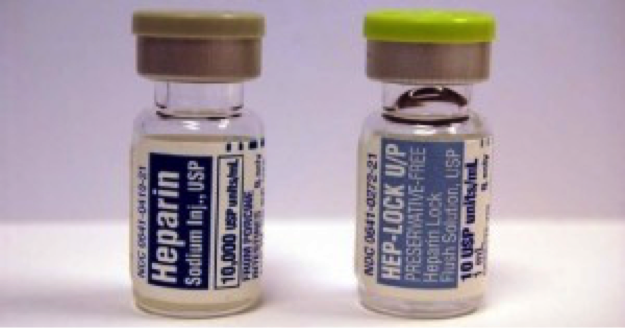Is It Nursing Malpractice?
Is a med error considered malpractice?
“Malpractice” is a fancy word for negligence, but involves a professional. There are 4 elements of malpractice:
- Duty (the standard of care)
- Breach (you didn’t do what you were supposed to do or did something that you should not have done);
- Causation; and
- Harm.
So, let’s put it in layman’s terms. You have a duty to come to a halt at a stop sign, you don’t stop at the sign and you hit another car and cause injury. That is negligence because all 4 elements are present.
If you fail to come to a stop BUT you don’t hit anyone or cause damage or injury, that is a violation of the law but it is not negligence. You must have all 4 elements for it to be negligence.
Now, let’s take this concept into a professional context. Healthcare providers have a duty to give the right medication. If there is an order for Aminophylline and the patient is given Ampicllin and is fine, then there is no causation and no harm. As I say, “no harm, no foul.”
Yes, you did violate the rule by giving a medication that was not ordered but it is not malpractice. However, it can be grounds for discipline before the licensing board. The board is charged with the obligation to protect the public. If there is any concern for public safety, the licensing board can take action against your license. Even a simple med error can be grounds for actions against your license.
Health care providers are encouraged to report medication errors. This sounds counterintuitive now knowing that you could be reported to the licensing board. However, in the interest of patient safety, ideally reporting of these medication errors are designed to improve patient care. For example, the labeling of Heparin for the adult dose and for the pediatric dose is very similar. In one instance, a pharmacy incorrectly filled the Pyxis in an infant area with the adult strength Heparin which was not checked by the nursing staff and subsequently given to a number of babies. While the consequences that resulted to the babies were sad, in the long run, it’s helping in forcing the company to change its labeling and improve patient safety.
Honesty is the best policy! It would seem easy to “sweep it under the rug” but it is better to be honest if the matter is identified through an audit or some other means.
How can you improve patient safety and reduce med errors where you work? Do you think honest reporting of a med error should be a violation of the Nurse Practice Act? Leave your comment below.



